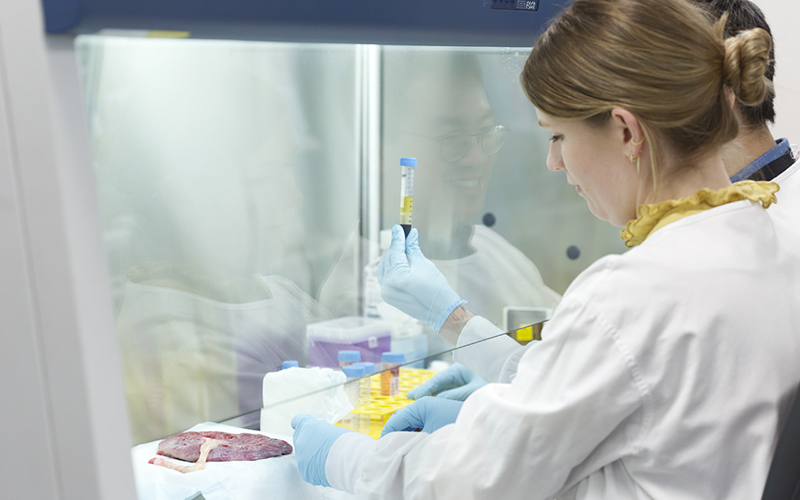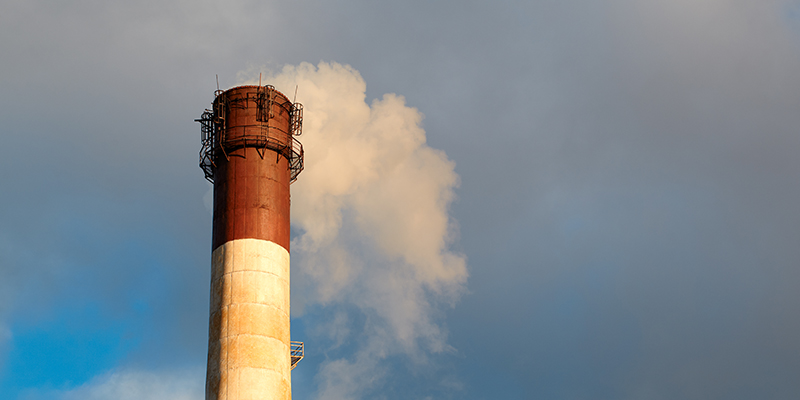Search
Research
Improving the Diagnosis and Treatment of Paediatric Bronchiectasis Through Research and TranslationBronchiectasis, particularly in children, is an increasingly recognised yet neglected chronic lung disorder affecting individuals in both low-to-middle and high-income countries. It has a high disease burden and there is substantial inequity within and between settings. Furthermore, compared with other chronic lung diseases, considerably fewer resources are available for children with bronchiectasis.
Research
An Analysis of the Gut Microbiota and Related Metabolites following PCSK9 Inhibition in Statin-Treated Patients with Elevated Levels of Lipoprotein(a)Atherosclerotic cardiovascular disease (ASCVD) is a leading cause of global mortality, often associated with high blood levels of LDL cholesterol (LDL-c). Medications like statins and PCSK9 inhibitors, are used to manage LDL-c levels and reduce ASCVD risk. Recent findings connect the gut microbiota and its metabolites to ASCVD development.
Research
Gut microbiota and metabolomics profiles in patients with chronic stable angina and acute coronary syndromeCardiovascular disease is the leading cause of death worldwide. The gut microbiota and its associated metabolites may be involved in the development and progression of CVD, although the mechanisms and impact on clinical outcomes are not fully understood. This study investigated the gut microbiome profile and associated metabolites in patients with chronic stable angina and acute coronary syndrome compared with healthy controls.
Research
Airway macrophages display decreased expression of receptors mediating and regulating scavenging in early cystic fibrosis lung diseaseCystic fibrosis (CF) airway disease is characterized by chronic inflammation, featuring neutrophil influx to the lumen. Airway macrophages (AMs) can promote both inflammation and resolution, and are thus critical to maintaining and restoring homeostasis. CF AM functions, specifically scavenging activity and resolution of inflammation, have been shown to be impaired, yet underlying processes remain unknown.
Research
Prevalence of tracheobronchomalacia is higher than previously reported in children with cystic fibrosisTracheobronchomalacia (TBM) is estimated to be present in 1 in 2100 children. Previous reports suggest the prevalence is higher in children with cystic fibrosis (CF). This has clinical implications with potential to influence airway clearance and lung health.

News & Events
Reducing the asthma burden: generous grant secured to develop world-first treatmentResearchers developing a world-first treatment that targets an underlying cause of asthma have secured a $499,640 grant from the Future Health, Research and Innovation Fund – Innovation Seed Fund.

News & Events
Raine Foundation support for researchers from The KidsCongratulations to six researchers from The Kids Research Institute Australia, who will use valuable support from the Raine Medical Research Foundation’s 2024 grant round to undertake projects focused on improving the health and wellbeing of babies, children and young people.

News & Events
Multi-million-dollar investment in child health to support vital researchFour The Kids Research Institute Australia researchers have received prestigious fellowships and four significant cohort studies led or co-led by The Kids have received key grants under two new funding programs supported by the State Government’s Future Health Research and Innovation (FHRI) Fund.

News & Events
Biobank funding supports valuable research resourcesFour The Kids Research Institute Australia-based biobanks which underpin a range of cancer, respiratory and early life research have received more than $450,000 in funding.

News & Events
World-first study shows increased atmospheric CO2 levels damage young lungsAustralian researchers who have conducted the first study looking at the direct health impacts of predicted carbon dioxide levels say the results are worrying and highlight the urgent need for more research into the issue.
